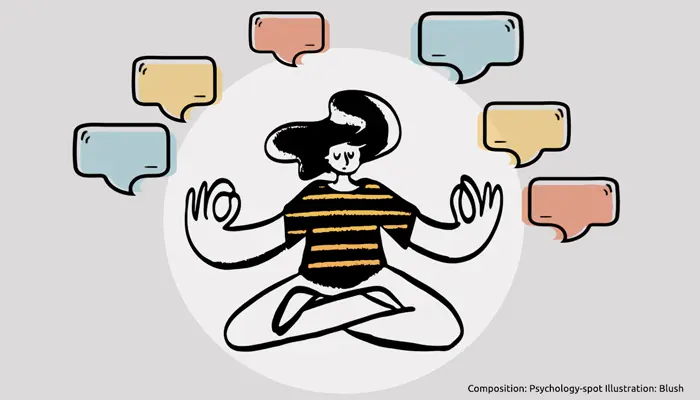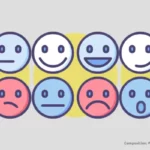
No matter how independent we are, in the depths of us there’s always a part awaiting people’s opinions, there’s always a part who cares what other people think. It is virtually impossible to get rid of social influence because, after all, we’re social animals.
Now a team of psychologists from the University College London and the Aarhus University, have found some clues in the brain that reveal us why we worry about what others think of us. And also explains why some people are more concerned about others’ opinions than others.
When somebody supports our opinions we feel good
For the study, researchers recruited 28 volunteers and asked them to relize a list of 20 songs they liked, but they couldn’t keep a copy of it. Then they must evaluate each song from 1 to 10, based on how much they liked it and how they would like to possess a copy of it.
While they were engaged in this task, the researchers monitorized their brain activity. The participants heard one of the songs on their list and another one unknown. After hearing the songs, each person should explain which of the two preferred.
After giving their opinions, the researchers told them what some “experts” said on both songs. This way they found that when their opinions coincided with those of the “experts”, the ventral striatum, a brain area associated with reward, was activated. Furthermore, activation was greater the more validation received.
The researchers took a step further to confirm this phenomenon. In another task, at the song chosen by the person was randomly assigned a score. When the songs earned more points, was possible to appreciate the brain activation, but this didn’t happen when the theme received few points.
After the exercises, the participants were asked to revalue the songs from 1 to 10. So far, psychologists found that most participants chose to change their previous punctuacion to reflect the opinions of the experts.
In addition, the interesting thing was that people who were more likely to be swayed by the opinions of the “experts” were also those who shown the greater activation of the brain’s reward center.
The reward mechanism
The reward mechanism of the brain is one of the oldest and, basically, indicates behaviors that make us feel good, but doesn’t mean they’re healthy. Its main objective is that we keep practicing those behaviors that produce pleasure.
To achieve this, in the brain are released substances such as monoamides, generating a state of exciting or wellbeing. The problem is that as while we repeat the behavior that makes us feel good, the connection is reinforced in the brain, which can lead to dependence and addiction.
In fact, the mechanism activated when we receive social approval is almost identical to that found at the base of addictions. Therefore, it is as if we are conceived to seek acceptance.
Obviously, this connection isn’t that strong in everyone, the most self-assured persons are different, they’re those who probably received an education in which they weren’t “forced” to constantly seek approval. In such cases, the connection is much weaker and, therefore, also the good sensation when someone agrees with them.
Inextricably tied to others’ opinions?
These results don’t mean that we’re bound to others’ opinions. Only indicate that a few people, probably because of the education received, care more about the others’ judgment. However, the most interesting thing is that our brain has a great plasticity, which means we can always change. Maybe it’ll be more difficult, but not impossible.
Source:
Campbell, d. K. et. Al. (2010) How the Opinion of Others Affects Our Valuation of Objects. Current Biology; 20(13): 1165–1170.



